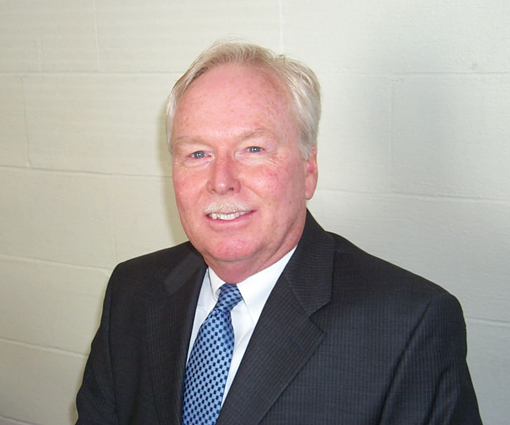Helping put college in students’ REACH
Published 8:26 am Friday, June 28, 2013
In a month highlighting more disappointing actions among so-called leaders at the national and state level, in a climate where good corporate citizens are often demonized, a shining beacon was celebrated June 11 at the Georgia Governor’s Mansion: the REACH scholarship program.
REACH Georgia – for Realizing Educational Achievement Can Happen – was launched in February 2012 by Gov. Nathan Deal, who continues to champion the privately funded program. It’s a remarkable, comprehensive, needs-based scholarship program, using private funds to target young students who otherwise couldn’t dream of going to college and who may not even reach high school graduation.
The program was introduced to Georgia by Dr. Howard Hinesley, current superintendent of Cartersville City Schools, who developed the model while he was a superintendent in Florida. Florida took the program statewide.
This past school year the program was active in three counties: Dodge, Rabun and Douglas, systems with high rates of students from low-income families. In Dodge County, nearly three out of four students are eligible for free and reduced-price lunches. In Douglas, it’s 60 percent; in Rabun, it’s almost 69 percent. Sadly, there are some Georgia counties with higher rates of poverty. Even with Georgia’s HOPE scholarship, many of these students’ families lack the funds or wherewithal to obtain a college education.
The program begins in the difficult middle-school years, in the seventh grade. Unlike the Lottery-funded HOPE scholarship, REACH is not a handout to students upon graduation. It must be earned along the way. It’s a promise of future college funding — up to $10,000 — based on the student’s ongoing commitment and participation. It requires academic achievement — a C grade or better — as well as good attendance and behavior. And it’s backed by the community: Every student must have regular meetings with an academic
In involving the community, in bridging middle school and high school, and in targeting bright but at-risk, low-income students, REACH is transformational.
This is a program that clearly still has plenty of room to grow. Nevertheless, amid dark days of bad news and disappointing leadership, Georgians should be proud to know that their leaders are forward-looking with great ideas that advance the state through academic achievement, accountability and individual responsibility.
Find out more about REACH at www.reachga.com.
Benita M. Dodd is vice president of the Georgia Public Policy Foundation (www.georgiapolicy.org), an independent think tank that proposes market-oriented approaches to public policy to improve the lives of Georgians.





